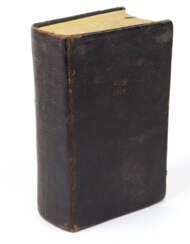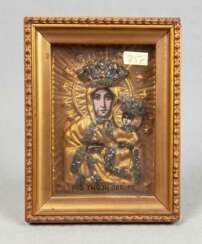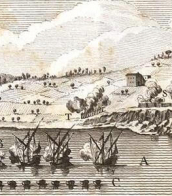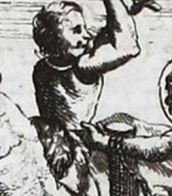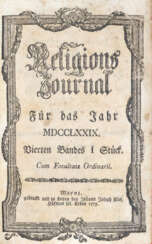religion
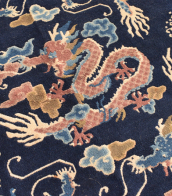
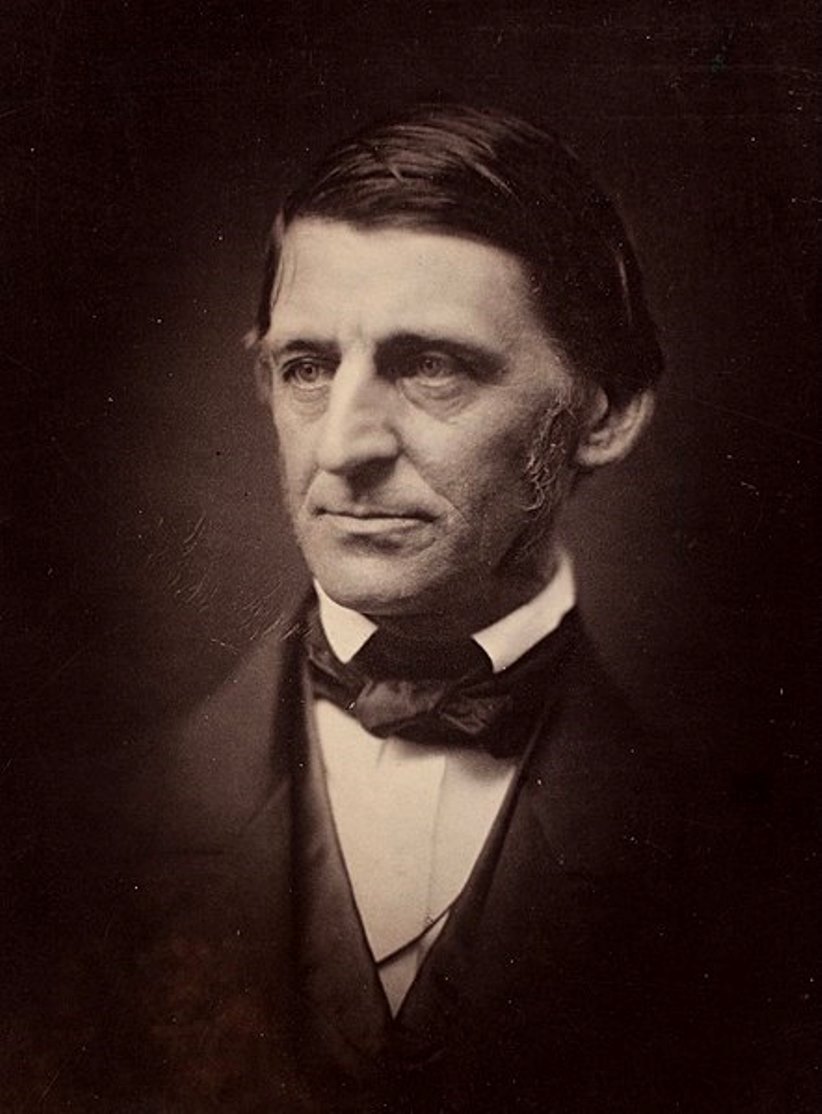
Ralph Waldo Emerson was an American philosopher, lecturer and poet, one of the most prominent thinkers and writers in the United States, and the originator of transcendentalism.
Ralph studied at Boston State Latin School and then at Harvard College (later Harvard University), began to preach, but soon doubted his chosen path and resigned his ministry. Emerson went to Europe, where new acquaintances and knowledge led him to new thoughts, and, returning to the United States in 1833, he began writing his famous book "Nature", where he first formulated a philosophy called transcendentalism. Soon other thinkers rallied around him, forming a group of like-minded thinkers.
In the essay "Nature," published in 1836, and in the following works, "The American Scholar" and "An Address in the School of Theology," Emerson consistently developed his ideas. Emerson's doctrine of the self-sufficiency and self-reliance of the individual stems from his view that a person need only look into his own heart to receive the spiritual guidance that has hitherto been the prerogative of the official churches. One must then have the courage to be oneself and trust the inner power within oneself, living one's life according to the commandments one has intuitively derived. These thoughts are not new, but Emerson put them in imaginative and accessible language.
Emerson's speeches led to his being ostracized at Harvard for many years. However, the informal Transcendental Club, founded in 1836, was joined and supported by his young students. The world fame of the brilliant thinker Emerson brought his "Essays" in two volumes, published in 1841 and 1844. As the main representative of transcendentalism, Emerson gave direction to the religious, philosophical and ethical movement, which above all emphasized belief in the spiritual potential of each person.
A later work of confession, The Conduct of Life (1860), demonstrates the author's developed humanism and full awareness of human limitations. The voluminous collection of poems cemented Emerson's reputation as a major American poet.
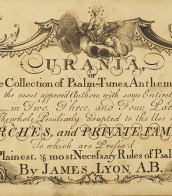
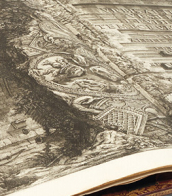
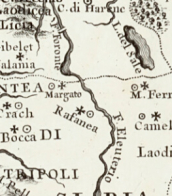
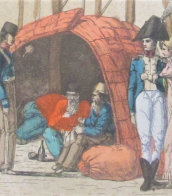
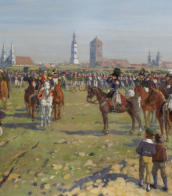
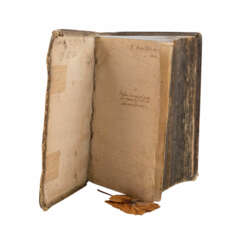


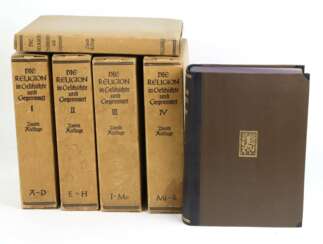

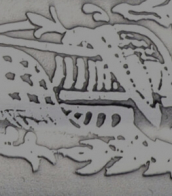



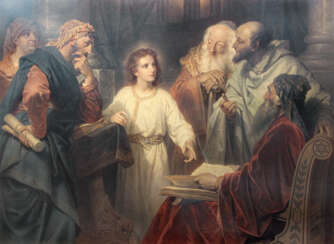

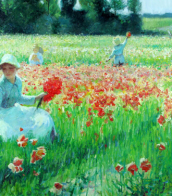


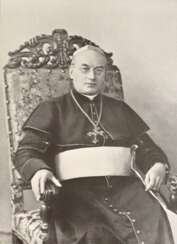

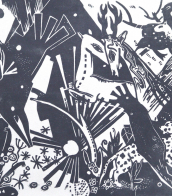


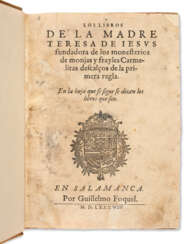




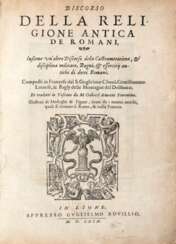

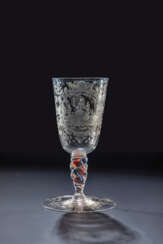


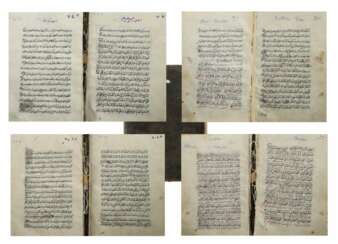

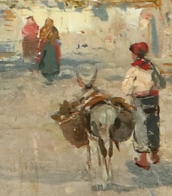


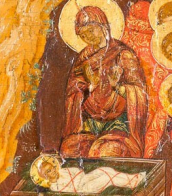


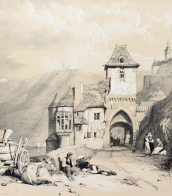



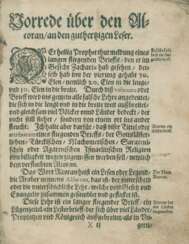

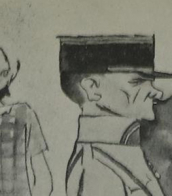
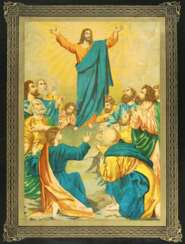

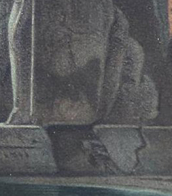


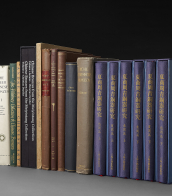
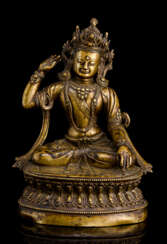

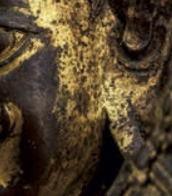
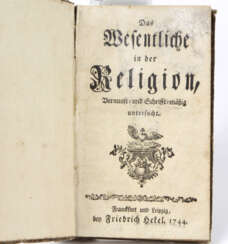




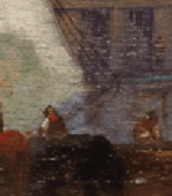
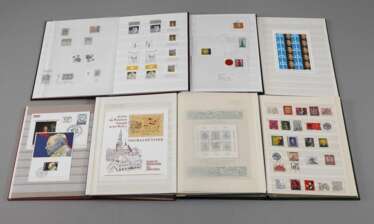

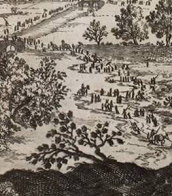
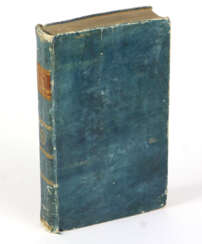

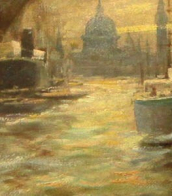
![[Старая и новая религия московитов: с гравированными иллюстрациями]. La religion ancienne et moderne des Moscovites: Enrichie de Figures.](/assets/image/picture_2303467/b4103/u3x8t3yham20bgtwranjcwslp0lnqbtmwd2wdufgxvhnuay9fcyxhxyncn6qdkf1659663048jpg__fix_374_244.jpeg)
![[Старая и новая религия московитов: с гравированными иллюстрациями]. La religion ancienne et moderne des Moscovites: Enrichie de Figures.](https://veryimportantlot.com/assets/image/picture_2303467/b4103/u3x8t3yham20bgtwranjcwslp0lnqbtmwd2wdufgxvhnuay9fcyxhxyncn6qdkf1659663048jpg__fix_374_244.jpeg)
